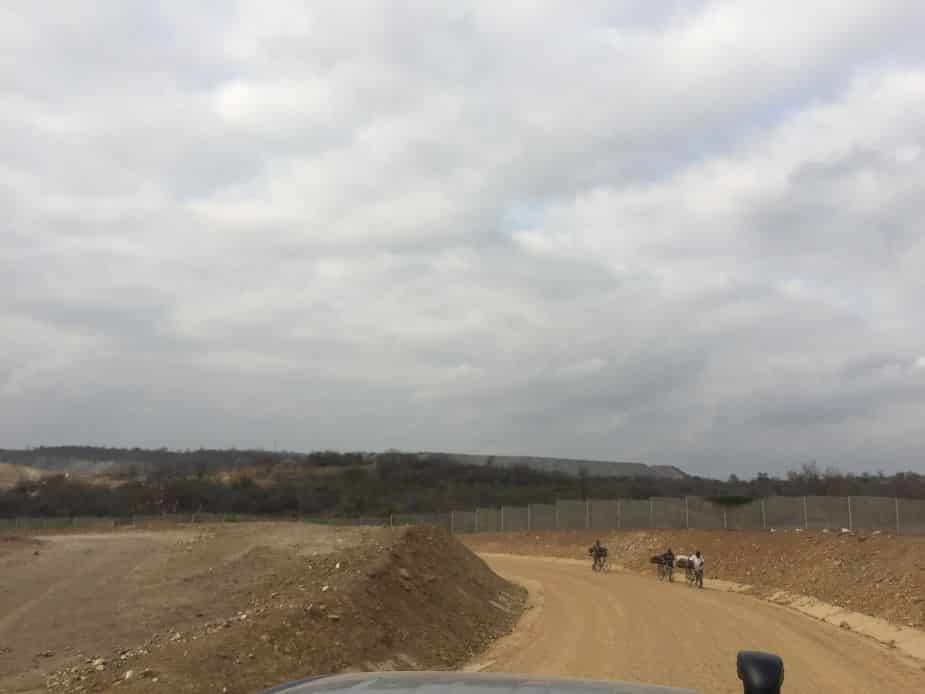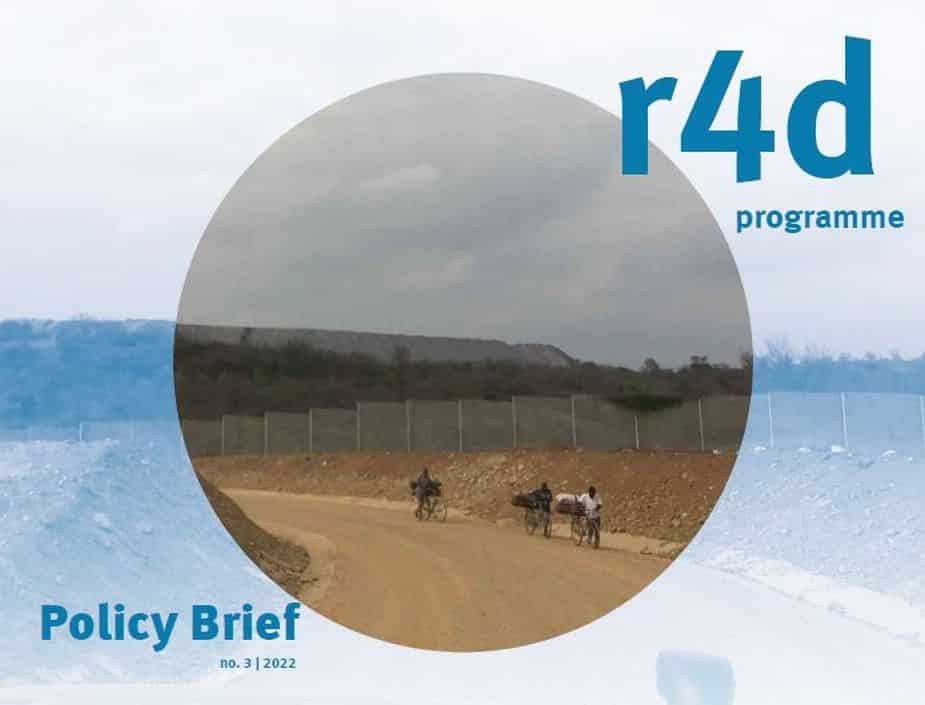
How do resource extraction projects affect community health? – Evidence from Mozambique and other African countries

Key Messages
- Resource extraction projects contribute to socio-economic development, such as better education, water, and sanitation infrastructures.
- However, they also contribute to environmental pollution, resulting in negative impacts on human health, including respiratory diseases, HIV infections, and road-traffic accidents.
- Further, they can exacerbate existing economic and health inequities, disproportionally affecting women and poorer households.
- By strengthening health impact assessment (HIA) in the licensing and monitoring process of resource extraction projects, the government could capitalize on the potential for mining projects to promote health and sustainable development.
Sources
Authors:
Eusébio Macete, Centro de Investigação em Saúde de Manhiça (CISM), Moçambique eusebio.macete@manhica.net
Hermínio Cossa, CISM, Mozambique, herminio.cossa@manhica.net
Khátia Munguambe, CISM, Mozambique, khatia.munguambe@manhica.net
Neusa Torres, CISM, Mozambique, neusa.torres@manhica.net
Dominik Dietler, Swiss Tropical and Public Health Institute, dominik.dietler@swisstph.ch
Mirko Winkler, Swiss Tropical and Public Health Institute, mirko.winkler@swisstph.ch
Links
Health impact assessment for engaging natural resource extraction projects in sustainable development in producer regions (HIA4SD): https://hia4sd.net/
Video clip about the HIA4SD project set up: A Multidisciplinary Approach to Researching Health Impacts of Large Mines – Community Voices